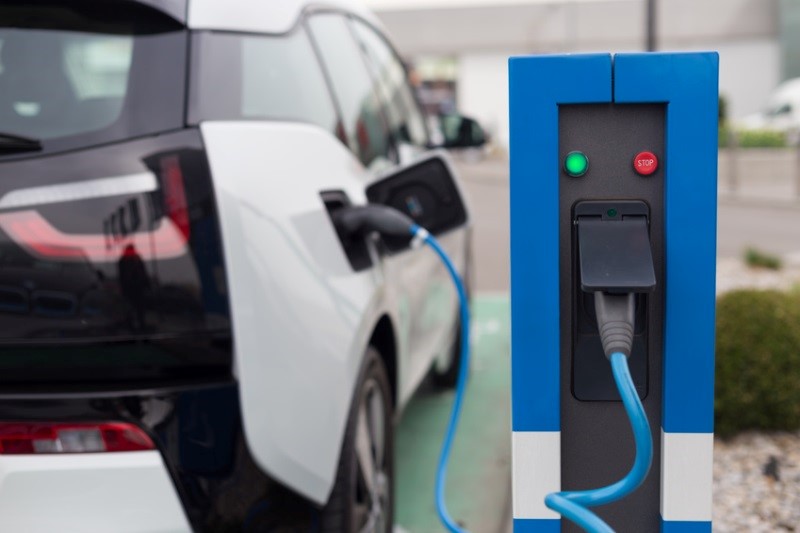If you want to get an impression of how rapidly the conditions of the automotive industry have changed, you only have to read articles relating to cars from the year 2010 . Electric cars? Some companies are beginning to consider, but they are still not a viable option for many consumers. Alternative drives ? Hybrids are the major player. And the diesel crisis? Consumers are not yet aware of it.
Just ten years later, the scene looks completely different. Volkswagen, a traditional automobile group, still continues to hold sway over the sales figures worldwide – including VW owned Porsche which brought in record breaking sales in 2019 globally. But, the competition that has put the giant from Germany under pressure in recent years is not BMW or Toyota, but Tesla.
The Tesla Revolution
The small electric car manufacturer from California, USA, has changed the car industry like no other company before. It has – with the tailwind from the diesel crisis – forced producers worldwide to rethink their approach: away from the classic internal combustion engine and toward alternative drives, especially electric motors. Tesla was the first car manufacturer to show that profits can be made with electric vehicles.
However, is this just a phase or is this the decade of electric vehicles? While it may not have been clear in the past if electric cars would become a large scale thing, there appears to be a growing consensus among analysts and executives in the automotive industry that electric cars are the future according to a CNN Business special report by Charles Riley. In the article, Max Warburton, an analyst at the research firm Berstein, states, “[F]actors have come together to force the traditional industry to take electrification seriously – faster than we had previously expected. This is now really happening.”

Studies See the Triumph of the Electric Vehicle
While traditional automobiles are still cheaper and the infrastructure for electric vehicles is still in its early stages as we head into 2020, there are many positive reasons behind why this may be their decade.
For starters, the range anxiety that numerous consumers feel about purchasing an electric vehicle may be lessened as the decade progresses. This can already be seen in the progress between 2013 and now. For example, in 2013, the BMW i3 boasted a range of approximately 124 miles – a range of nearly 200 km. Now, when compared to the recently announced Ford Mustang Mach-E for 2021, the new electric SUV will have a range of 300 miles – over 480 km – on a single charge. Even when comparing Tesla’s ranges from 2010 to now brings a jump from 200 miles – which is approximately 322 km – in 2010 for the Tesla Roadster to the approximately 373 miles – just over 600 km – in the 2020 Tesla Model S.
Additionally, according to the npr article by Camila Domonoske, electric vehicles aren’t just getting longer ranges, but are also getting cheaper and cheaper – not just owning them, but also charging them. Quoted in the article, Sam Abuelsamid, an auto analyst at Navigant, says, “Probably in the mid-2020s time frame, it becomes comparable or cheaper to actually buy and operate an EV than an internal combustion vehicle.”
While we may be at the beginning, numerous indicators demonstrate that we are on the road to seeing an uptick in EVs on our roads. Combustion engines will still be there – numerous experts anticipate that “the two types of vehicle will coexist on the road for a long time.” (npr). Come what may, perhaps in 2030 we will be able to look back on the decade in which e-mobility celebrated its breakthrough.


